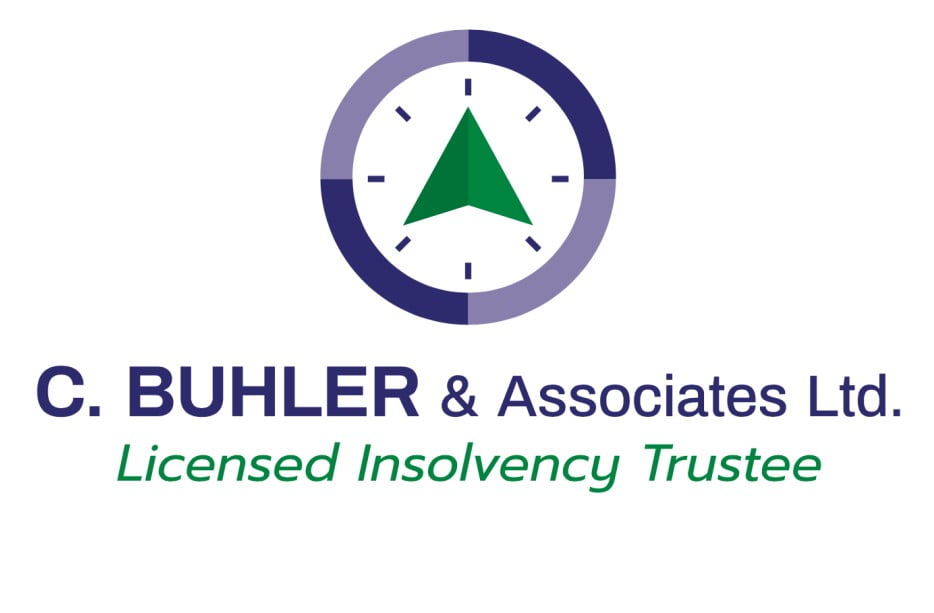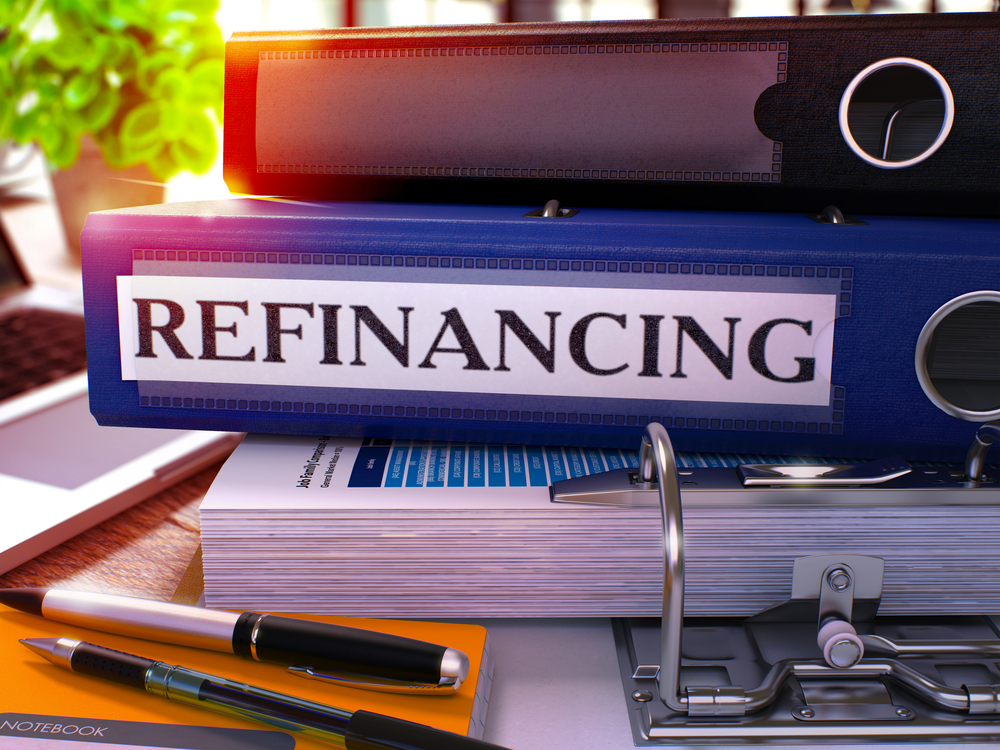The Canada Emergency Business Account (CEBA) offered interest-free loans to Canadian businesses. For those who met the CEBA eligibility criteria, CEBA loans offered up to $60,000 and the possibility of loan forgiveness. CEBA loan forgiveness was up to 33% of the total amount of the debt.
For some businesses, refinancing is an excellent option to pay off the loan they obtained from the CEBA program. Let’s look at CEBA debt refinancing in detail:
Important Dates
January 18, 2024, was the most important date to know—if your Canada Emergency Business Account loan had been repaid by that day, it meant that you were still eligible for partial loan forgiveness. Additionally, there was no interest on loans paid before that date.
March 28, 2024, is another important date. If you applied to refinance your loan with the financial institution that provided your CEBA loan on or before January 18, partial loan forgiveness will still be available until March 28. This forgiveness is available even if you did not qualify for refinancing.
Note that while partial loan forgiveness will still be available until March 28, if you refinanced on or before January 18, you will begin to incur interest on the principle of your loan even if you applied for refinancing.
Finally, December 31st, 2026, is the CEBA loan repayment deadline.
Applying for Refinancing
For applicants who were looking to refinance their loans on or before January 18, the best choice for refinancing was to apply for a refinancing loan through the financial institution from which they received their CEBA loan.
With the January 18 date now passed, the main advantage of refinancing through the same financial institution that provided the CEBA loan is gone—you cannot extend loan forgiveness to March 28, 2024. This means you can apply for a refinancing loan through any financial institution.
Refinancing is most viable if you can find a loan that offers more flexible debt repayment terms or lower interest than the CEBA loan. CEBA debt repayment is only due in full by December 31st, 2026, and the interest rate is 5% per annum. These are very generous terms, and finding better financing is unlikely.
One interesting option is a consolidation loan—this is a type of refinancing loan that combines all of your debts into one more manageable loan. When you have several loans, including a CEBA loan, this can help you pay off your debts more easily.
Other Ways To Get Money
Outside of refinancing loans, there are several other ways of getting money to pay off your CEBA loan. These methods include:
- Lines of credit
- Credit cards
- Crowdfunding
- Loans from friends and families
While these can be viable options, they all come with downsides. Lines of credit and credit cards will typically feature higher interest rates than the CEBA loan. Crowdfunding is a dubious proposition at the best of times—you’re at the whims of the crowd, so you might not get enough funding.
Loans from friends and family may seem like the best option—they’re often very low-interest or interest-free. Unfortunately, taking a loan from someone you love can lead to complications in your relationship with them. Consider your alternatives carefully before choosing this option.
What if You Don’t Qualify
When you don’t qualify for refinancing and have already missed the CEBA loan refinancing deadline, there are still options for paying off your CEBA loan balance. While CEBA loans are low-interest, paying the outstanding balance can be difficult if you don’t have a plan in place.
To repay your CEBA loan, we recommend speaking with an accountant as well as a licensed insolvency trustee. Your accountant can help you understand your cash flow, which loans to pay off first, and how to budget for paying off your CEBA loan.
Licensed insolvency trustees (LITs) are another excellent resource when your refinancing loan application is not approved. They can help loan holders create a budget, find resources like debt consolidation loans, and even offer services that aren’t available through other financial advisors, like consumer proposals and bankruptcy.
A licensed insolvency trustee can help you if your CEBA loan debt seems insurmountable. Through careful budgeting, debt consolidation, consumer proposals, bankruptcy, or other tactics, you can get out of debt.





